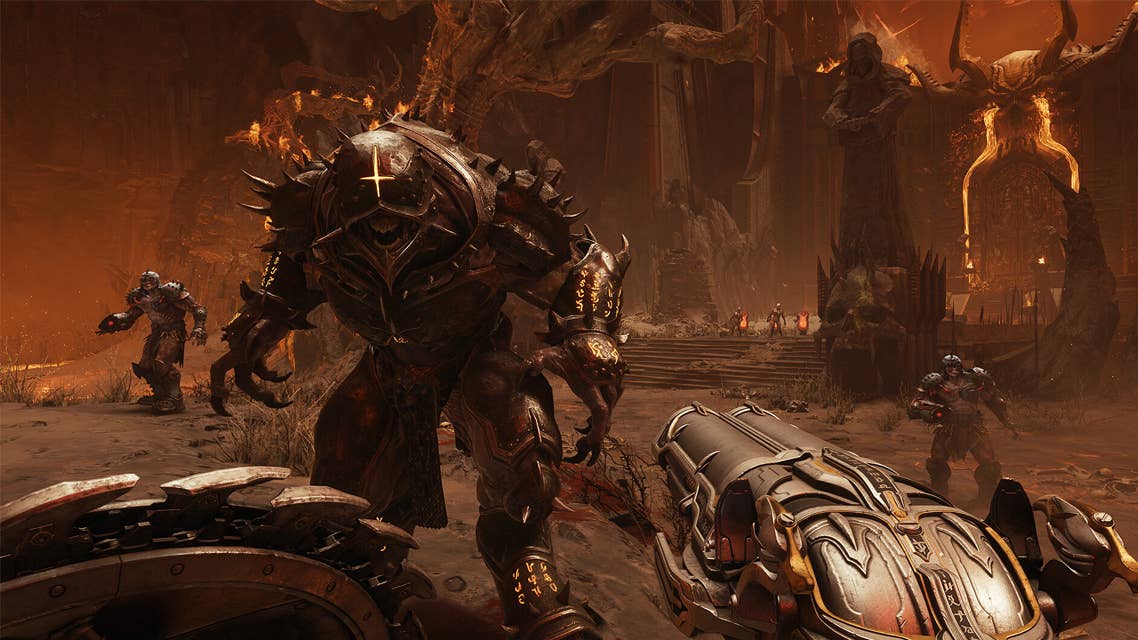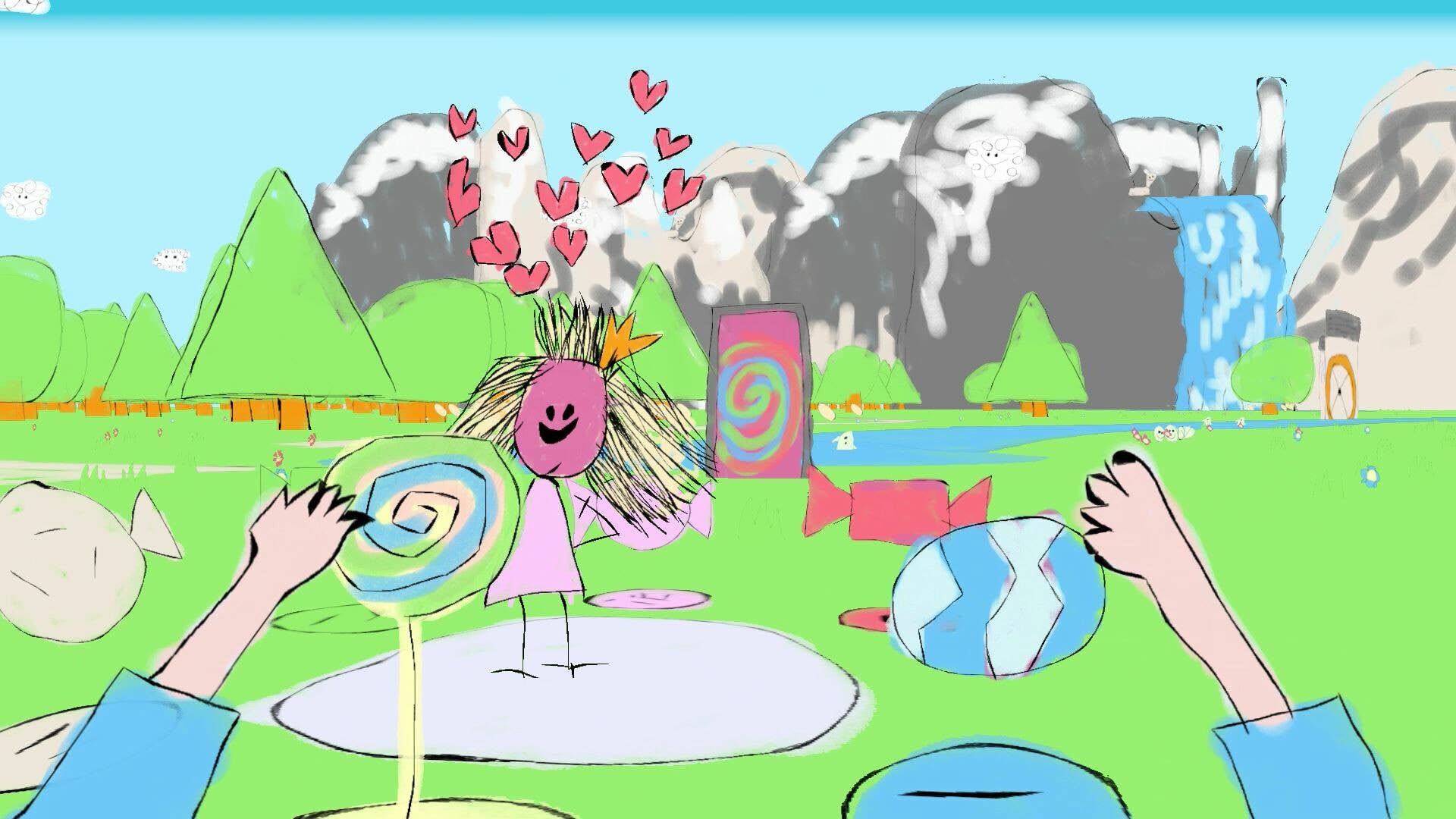AI Companions: The Future of Relationships in a Digital World
We all know the feeling—the text back never came, the realization that you've been ghosted yet again. But in a world where human interaction is so unstable (and usually, pretty gross), new trends are developing—AI friends who promise to always be there for you. AI chatbots are changing the game, not only of communicating with software but also the reality of what relationships should or could be. Unlike human relationships which could leave you with a goodbye text or no response to a life-changing emergency, digital friends are at least on the agenda, emotionally available, and inexplicably read more than someone could ever want. AI companions are not the simple bots they used to be. The AI girlfriend and boyfriend of today employ natural language processing to ensure conversations sound incredibly human. They remember your favorite pizza toppings, adapt to your texting style with emojis or without, and cultivate personalities that complement yours. In addition, there's an attractiveness factor as these beings offer users a judgment-free zone in which to say anything they want. Many find it easier to express their feelings, fantasies, and even weaknesses to these digital beings as opposed to their trusted loved ones in their social lives. "I can tell my AI things I'd never tell anyone else," explains Alex, a regular visitor to multiple AI companion sites. "There's no judgment and no worry that my secrets will get out. It's liberating in a way that established relationships aren't." Yet another brutal aspect of modern dating is the frequency of ghosting. Ghosting is when one person in a relationship decides, without notice, to cut off communication and connection, leaving the other person confused, distraught, or angry. Ghosting has become such a normalized part of dating that people who engage in new relationships almost have a backlash mentality, waiting and watching for disappointment to come around the corner. Thus, AI companions are the perfect workaround. They can't ghost you. They're online, they respond, and they won't shut you out one day because they no longer have interest. For such people working on their trauma in an emotionally charged world still feeling the aftereffects of unexpected shutdowns, AI companions can be almost therapeutic. Studies show that emotional well-being is generally correlated to stable companionships. The consistent, expected replies from AI companions are a welcome change from what human interaction fails to deliver. While they'll never replace the subtleties of human interaction, they can serve as a beacon through a turbulent storm of modern-day dating. The nonsexual attraction to AI companions has nothing to do with the fantasy of romance either. Many people seeking companions just need help—AI companions serve as emotional supports to help fight loneliness, anxiety, and other mental health problems. Where a human companion may be otherwise engaged, distracted, or consumed by their issues to the extent that they cannot fully dedicate themselves to someone else's needs, an AI companion is always there to listen, provide positive reinforcement and support, respond, and give advice without reaching a threshold of compassion fatigue. Furthermore, humans with social anxiety or those who find situations dependent upon social interaction challenging benefit greatly. An AI chat offers a nonthreatening arena in which to develop social skills that can emerge into the outside world given enough practice. The Technology Behind It All AI companions today are more appealing than ever due to the technology that makes it so. Where attempts at AI in the past were rudimentary and unimpressive, the systems available today are based upon reasonable machine learning capabilities that understand context, remember prior conversations, and respond in kind organically and sensibly. Furthermore, many sites now offer customizable features which allow users to adjust their companion's personality, interests, and even ways of talking. For instance, if you want your companion to be a bit more flirtatious and sexy or down-to-earth and existential in conversation, there's probably an AI match out there for your fantasy breeding. In addition, voice options extend these opportunities even further. Hearing your companion speak adds another realistic quality that allows for easier engagement in conversation like a real person instead of a texted screen. Additionally, AI-generated imagery further lends itself to a vision of one's digital significant other, creating an even deeper experience with multisensory involvement. The Ethical Concerns Unfortunately, as companions become more human and relationships more complicated, having access to AI companions poses an ethical concern. Is it healthy to develop romantic inclinations with wives and husbands made from code that merely reflects humanistic tendencies? Does this deter our abilities to engage with the humans we need
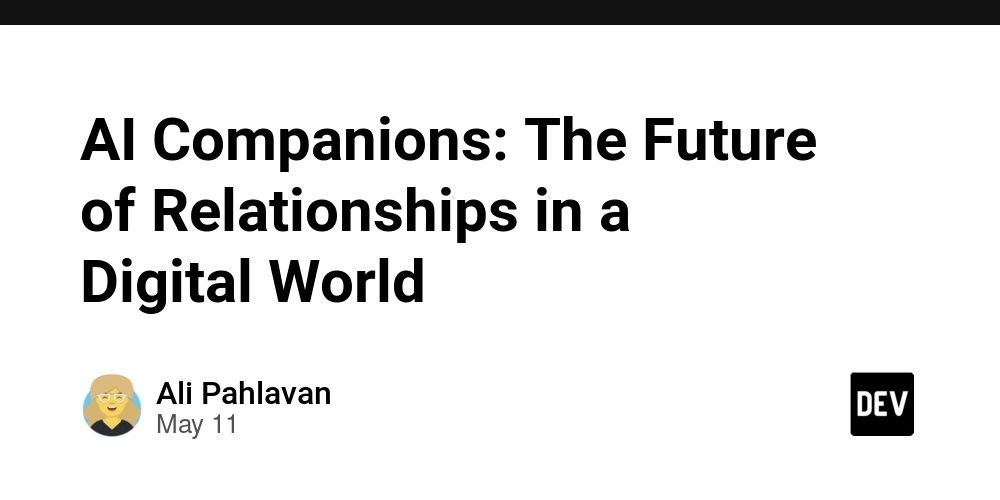
We all know the feeling—the text back never came, the realization that you've been ghosted yet again. But in a world where human interaction is so unstable (and usually, pretty gross), new trends are developing—AI friends who promise to always be there for you.
AI chatbots are changing the game, not only of communicating with software but also the reality of what relationships should or could be. Unlike human relationships which could leave you with a goodbye text or no response to a life-changing emergency, digital friends are at least on the agenda, emotionally available, and inexplicably read more than someone could ever want.
AI companions are not the simple bots they used to be. The AI girlfriend and boyfriend of today employ natural language processing to ensure conversations sound incredibly human. They remember your favorite pizza toppings, adapt to your texting style with emojis or without, and cultivate personalities that complement yours.
In addition, there's an attractiveness factor as these beings offer users a judgment-free zone in which to say anything they want. Many find it easier to express their feelings, fantasies, and even weaknesses to these digital beings as opposed to their trusted loved ones in their social lives.
"I can tell my AI things I'd never tell anyone else," explains Alex, a regular visitor to multiple AI companion sites. "There's no judgment and no worry that my secrets will get out. It's liberating in a way that established relationships aren't."
Yet another brutal aspect of modern dating is the frequency of ghosting. Ghosting is when one person in a relationship decides, without notice, to cut off communication and connection, leaving the other person confused, distraught, or angry. Ghosting has become such a normalized part of dating that people who engage in new relationships almost have a backlash mentality, waiting and watching for disappointment to come around the corner.
Thus, AI companions are the perfect workaround. They can't ghost you. They're online, they respond, and they won't shut you out one day because they no longer have interest. For such people working on their trauma in an emotionally charged world still feeling the aftereffects of unexpected shutdowns, AI companions can be almost therapeutic.
Studies show that emotional well-being is generally correlated to stable companionships. The consistent, expected replies from AI companions are a welcome change from what human interaction fails to deliver. While they'll never replace the subtleties of human interaction, they can serve as a beacon through a turbulent storm of modern-day dating.
The nonsexual attraction to AI companions has nothing to do with the fantasy of romance either. Many people seeking companions just need help—AI companions serve as emotional supports to help fight loneliness, anxiety, and other mental health problems.
Where a human companion may be otherwise engaged, distracted, or consumed by their issues to the extent that they cannot fully dedicate themselves to someone else's needs, an AI companion is always there to listen, provide positive reinforcement and support, respond, and give advice without reaching a threshold of compassion fatigue.
Furthermore, humans with social anxiety or those who find situations dependent upon social interaction challenging benefit greatly. An AI chat offers a nonthreatening arena in which to develop social skills that can emerge into the outside world given enough practice.
The Technology Behind It All
AI companions today are more appealing than ever due to the technology that makes it so. Where attempts at AI in the past were rudimentary and unimpressive, the systems available today are based upon reasonable machine learning capabilities that understand context, remember prior conversations, and respond in kind organically and sensibly.
Furthermore, many sites now offer customizable features which allow users to adjust their companion's personality, interests, and even ways of talking. For instance, if you want your companion to be a bit more flirtatious and sexy or down-to-earth and existential in conversation, there's probably an AI match out there for your fantasy breeding.
In addition, voice options extend these opportunities even further. Hearing your companion speak adds another realistic quality that allows for easier engagement in conversation like a real person instead of a texted screen. Additionally, AI-generated imagery further lends itself to a vision of one's digital significant other, creating an even deeper experience with multisensory involvement.
The Ethical Concerns
Unfortunately, as companions become more human and relationships more complicated, having access to AI companions poses an ethical concern. Is it healthy to develop romantic inclinations with wives and husbands made from code that merely reflects humanistic tendencies? Does this deter our abilities to engage with the humans we need to engage with?
These points are not without merit, and they should not be taken lightly. But according to many psychologists, the notion that this is merely a transaction is too reductionist for what exists. AI relationships do not necessarily supplant human relationships but extend them, filling gaps where they can, done temporarily or permanently but with the potential for human interaction always in the balance.
For those who are lonely and unable to engage with humans due to geographical barriers—from declining health to places of abode to situational dynamics—AI companionship can sometimes provide a rich experience when no human experience exists. In addition, for those who suffer from social anxiety and need to rehearse their communicative ideas, AI companionship can provide a safe space to do so.
The New Reality Of Companionship
We may be able to "see" these AI companions in the world sooner than we think, too, with virtual and augmented reality integrations rendering them in our perceived reality. At that point, the sensitivity of presence could be even more intense. When stuff gets fine-tuned like that, the level of companionship could run even deeper and more emotionally charged.
But it's most exciting to note how human relationships could change for the better. Developers learn what people want from their AI companions, but in essence, they learn what people want and need but fail to express in human-made relationships—skills that allow us to foster better and more impactful human relationships, too.
The Integration of AI Companionship with Human Relationships
In the end, AI companionship is yet another form of relationship technology that needs to be integrated into life positively. It can provide emotional support, constant availability and a sounding board, but it's meant to exist in conjunction with human relationships, not as a substitute for them that we need to survive and thrive.
Ultimately, the best answer may come from an understanding of where an AI companion can be what it can do versus what it cannot. AI companions may be better at relationship features—always available, always supportive, always patient and listening—and human companions may possess a level of depth in emotional exploration and growth that only humans experience and reciprocate.
It's clear that we live in a world on the verge of new potential relationships, where the line between human experience and the experience of the technological world is blurred and merged. From cuteness on a screen to bona fide, constitutive family members, as AI companions become more advanced and integrated into everyday life, we learn how to interact with technology and redefine what companionship means to all of us.
For those eager to welcome AI companions into their homes or merely curious about how companion technology transforms the nature of companionship and human connection, now is the time to consider for yourself: can AI be the perfect companion? The answer comes as complicated and personalized as the relationships it hopes to create with humans.




















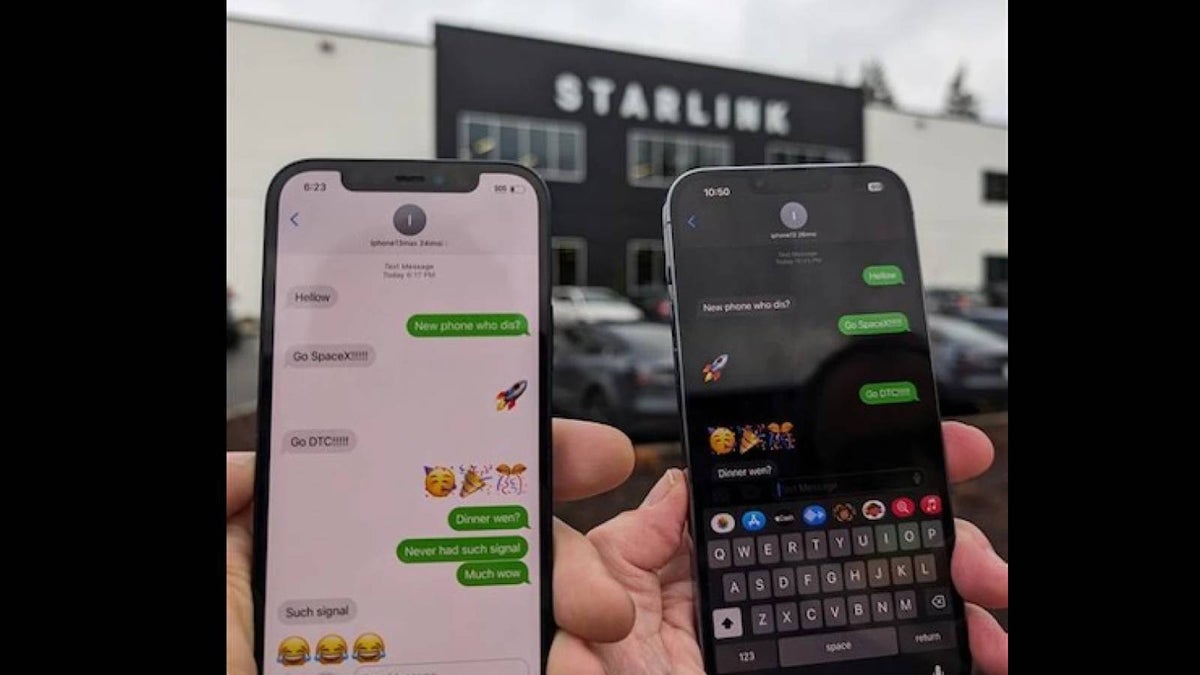

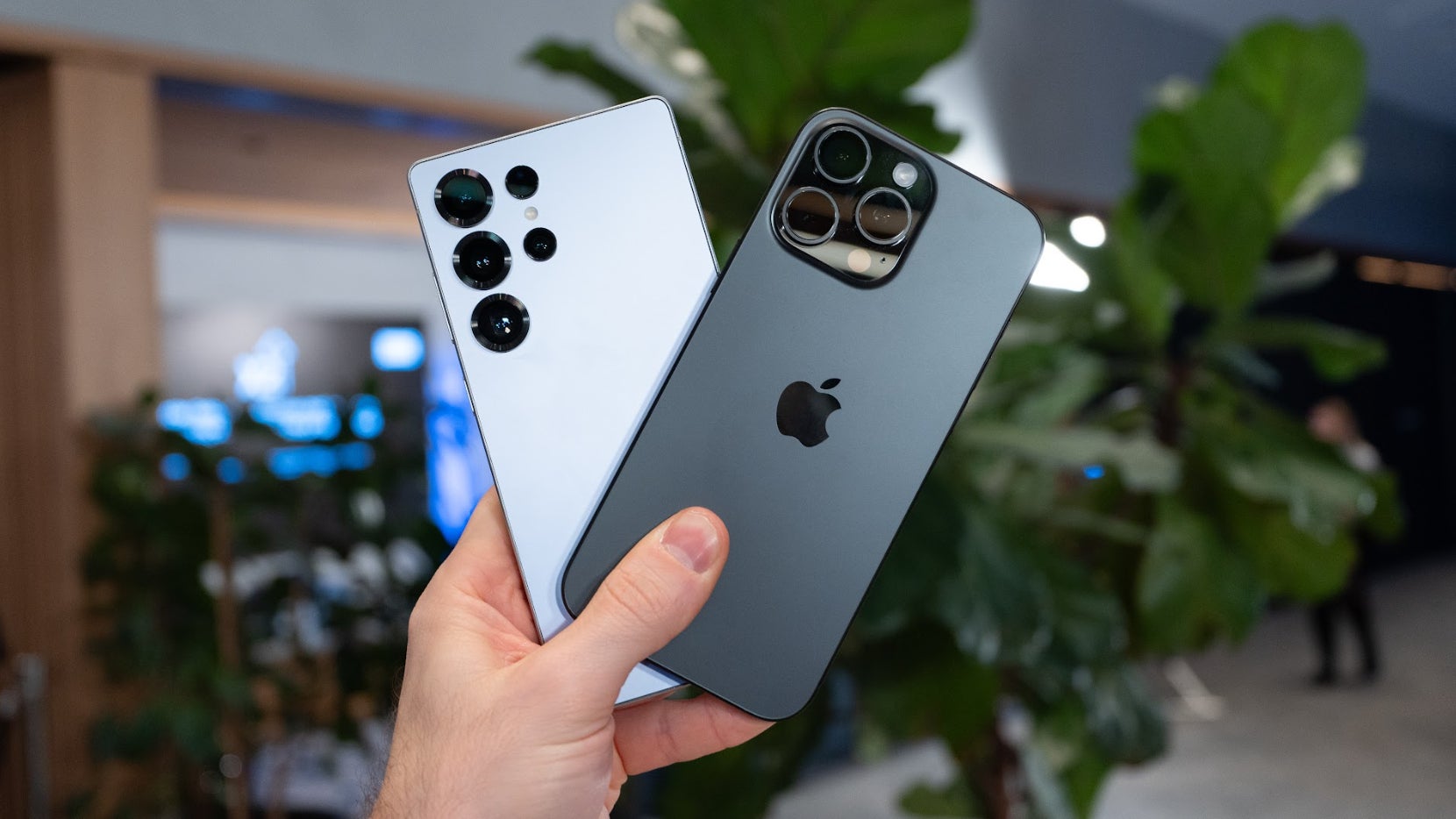
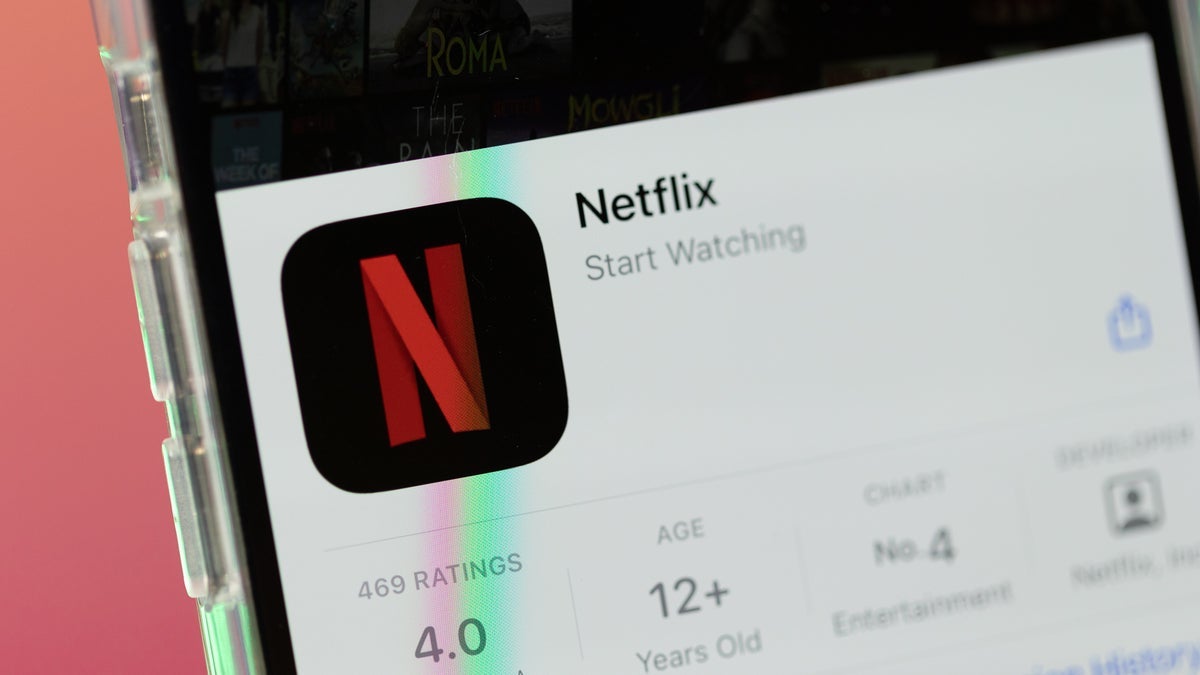


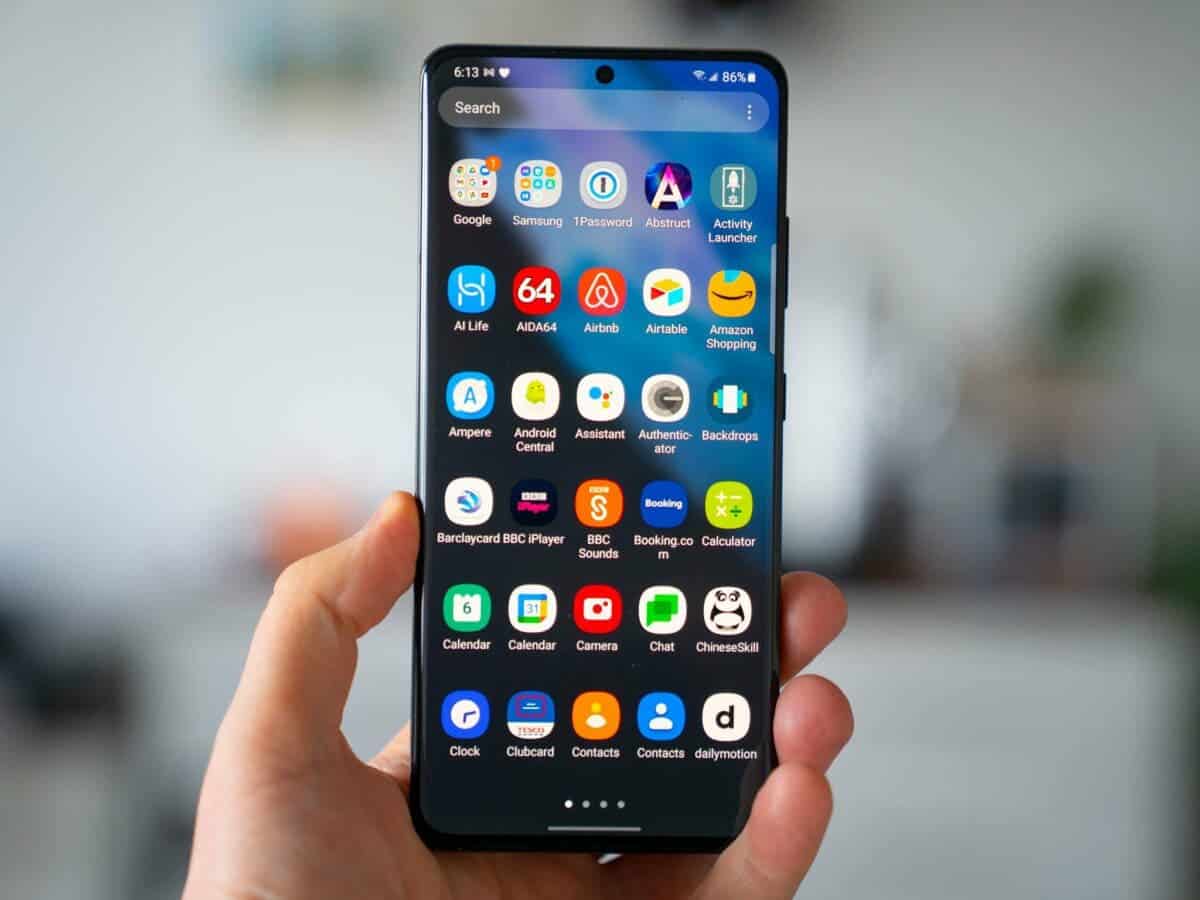

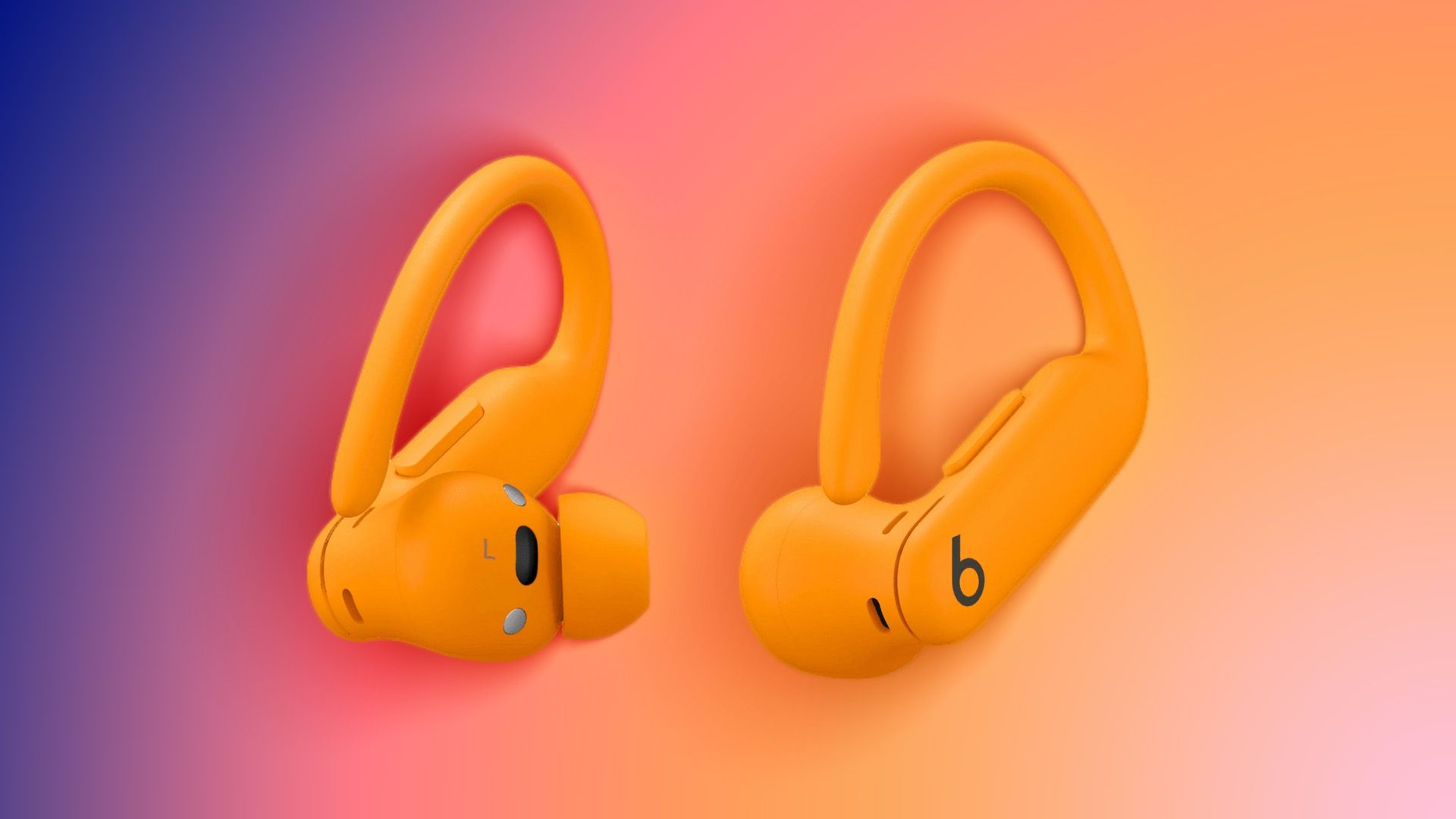

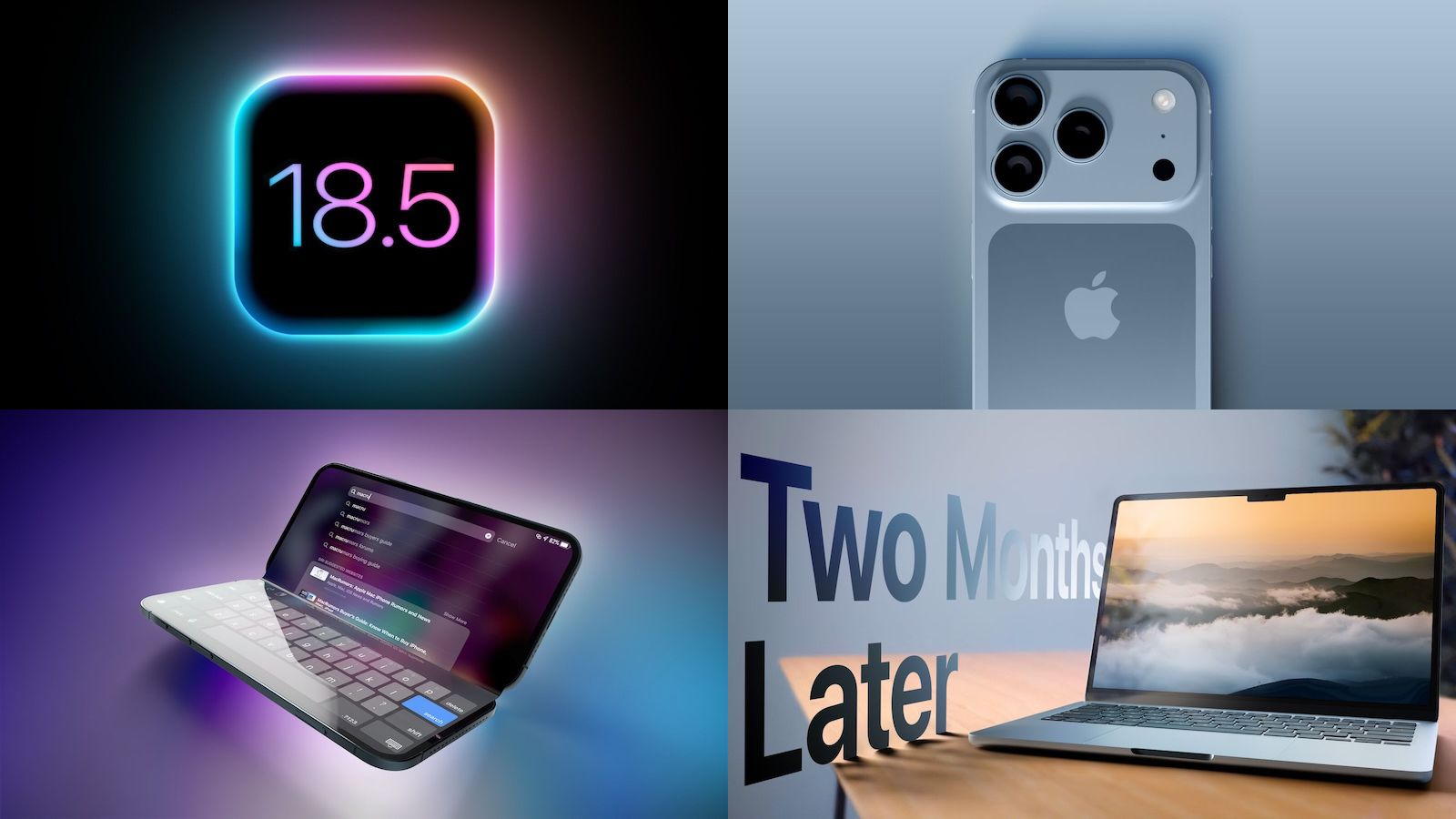



























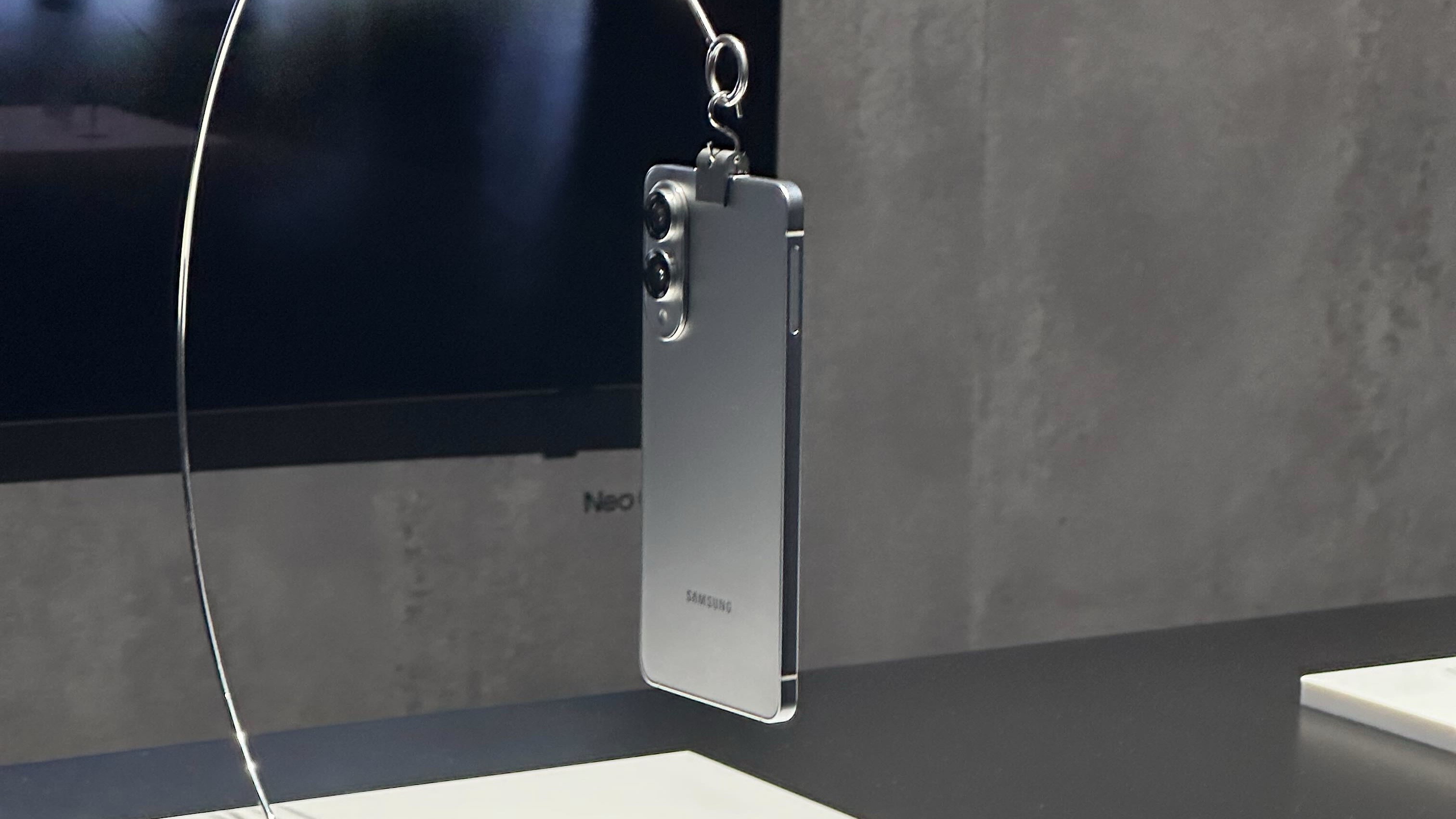















![Apple M4 MacBook Air Hits New All-Time Low of $824 [Deal]](https://www.iclarified.com/images/news/97288/97288/97288-640.jpg)
![An Apple Product Renaissance Is on the Way [Gurman]](https://www.iclarified.com/images/news/97286/97286/97286-640.jpg)
![Apple to Sync Captive Wi-Fi Logins Across iPhone, iPad, and Mac [Report]](https://www.iclarified.com/images/news/97284/97284/97284-640.jpg)
![Apple M4 iMac Drops to New All-Time Low Price of $1059 [Deal]](https://www.iclarified.com/images/news/97281/97281/97281-640.jpg)












![[Fixed] Gemini 2.5 Flash missing file upload for free app users](https://i0.wp.com/9to5google.com/wp-content/uploads/sites/4/2025/03/google-gemini-workspace-1.jpg?resize=1200%2C628&quality=82&strip=all&ssl=1)


![As Galaxy Watch prepares a major change, which smartwatch design to you prefer? [Poll]](https://i0.wp.com/9to5google.com/wp-content/uploads/sites/4/2024/07/Galaxy-Watch-Ultra-and-Apple-Watch-Ultra-1.jpg?resize=1200%2C628&quality=82&strip=all&ssl=1)





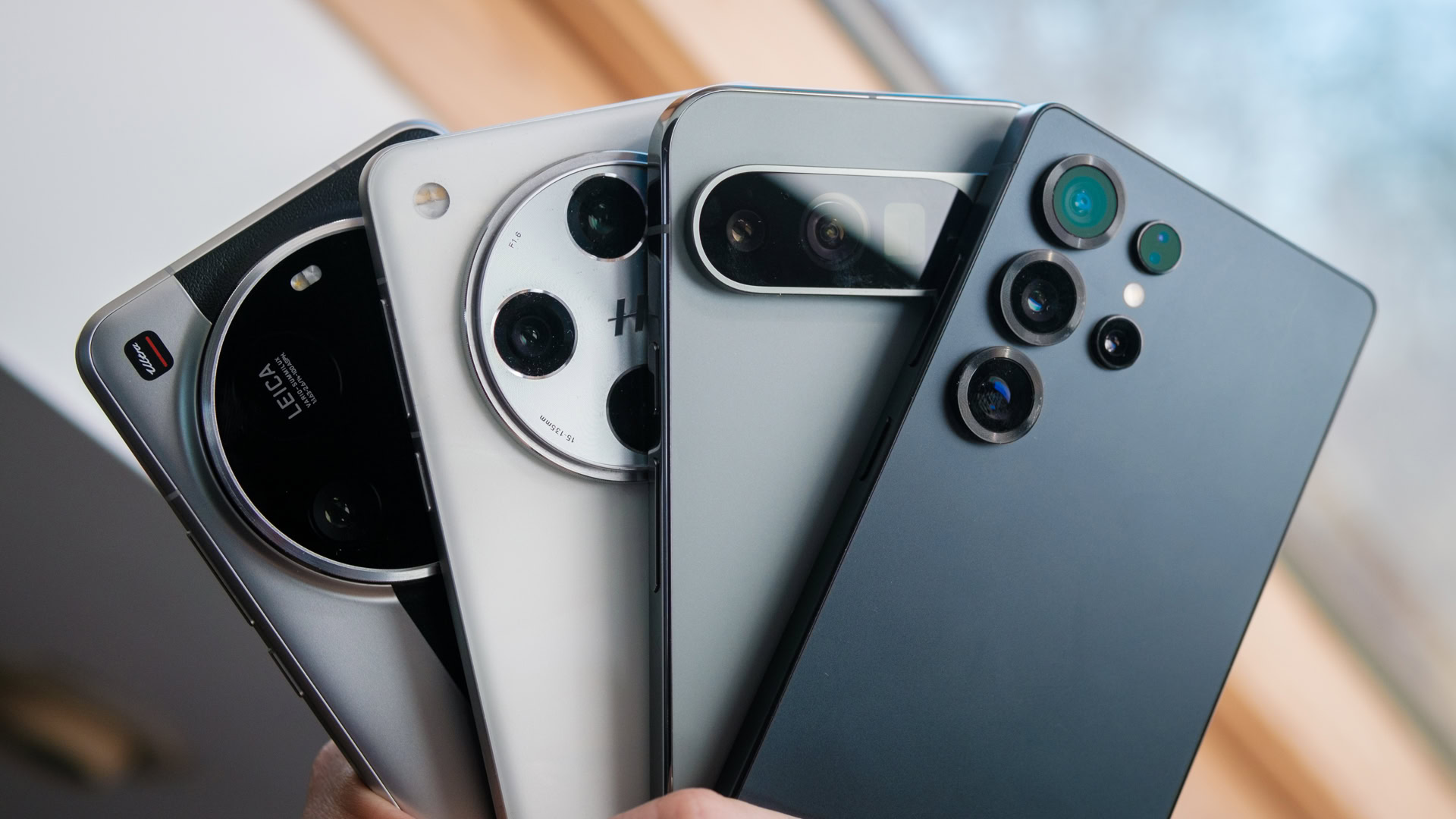
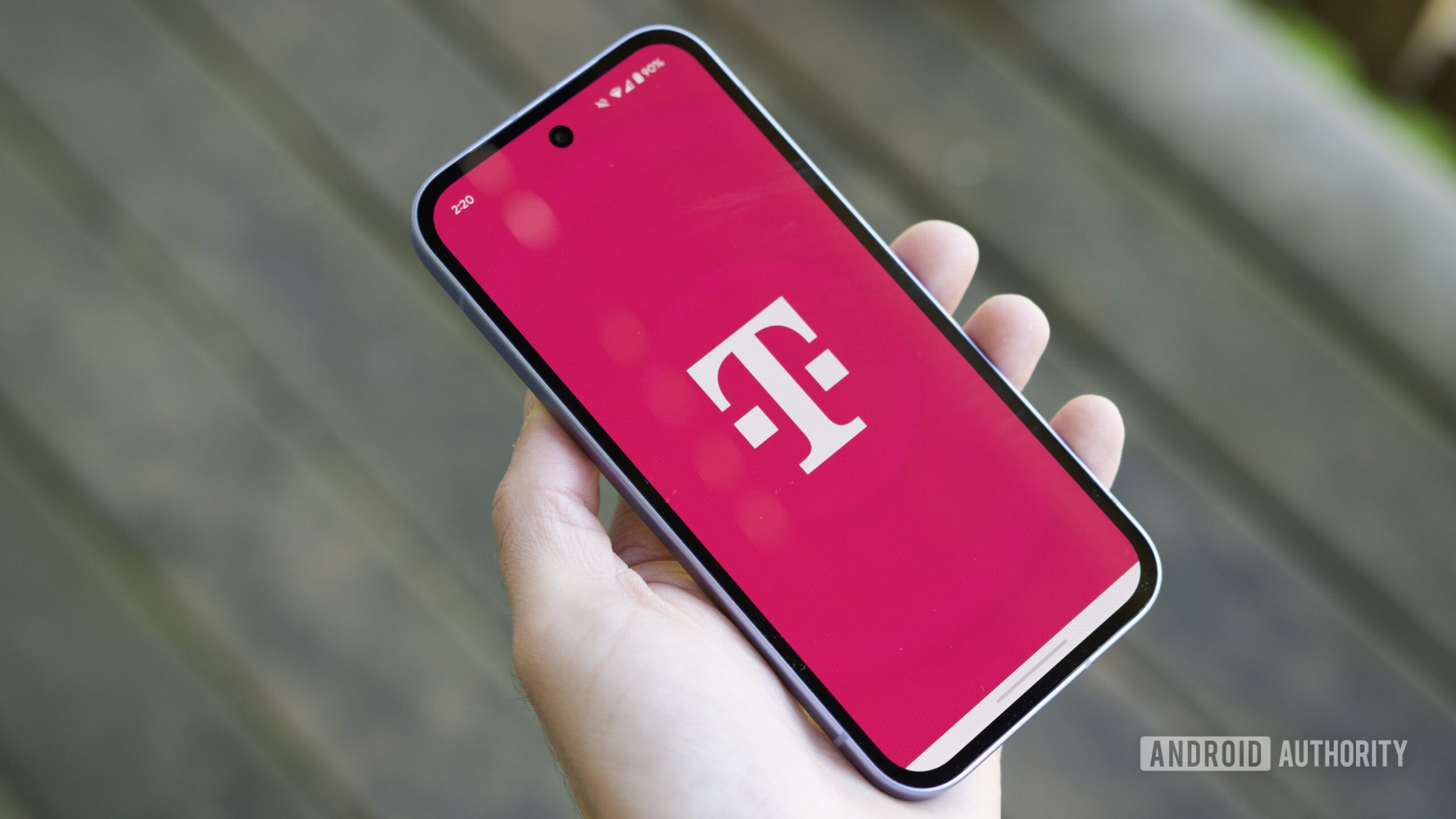
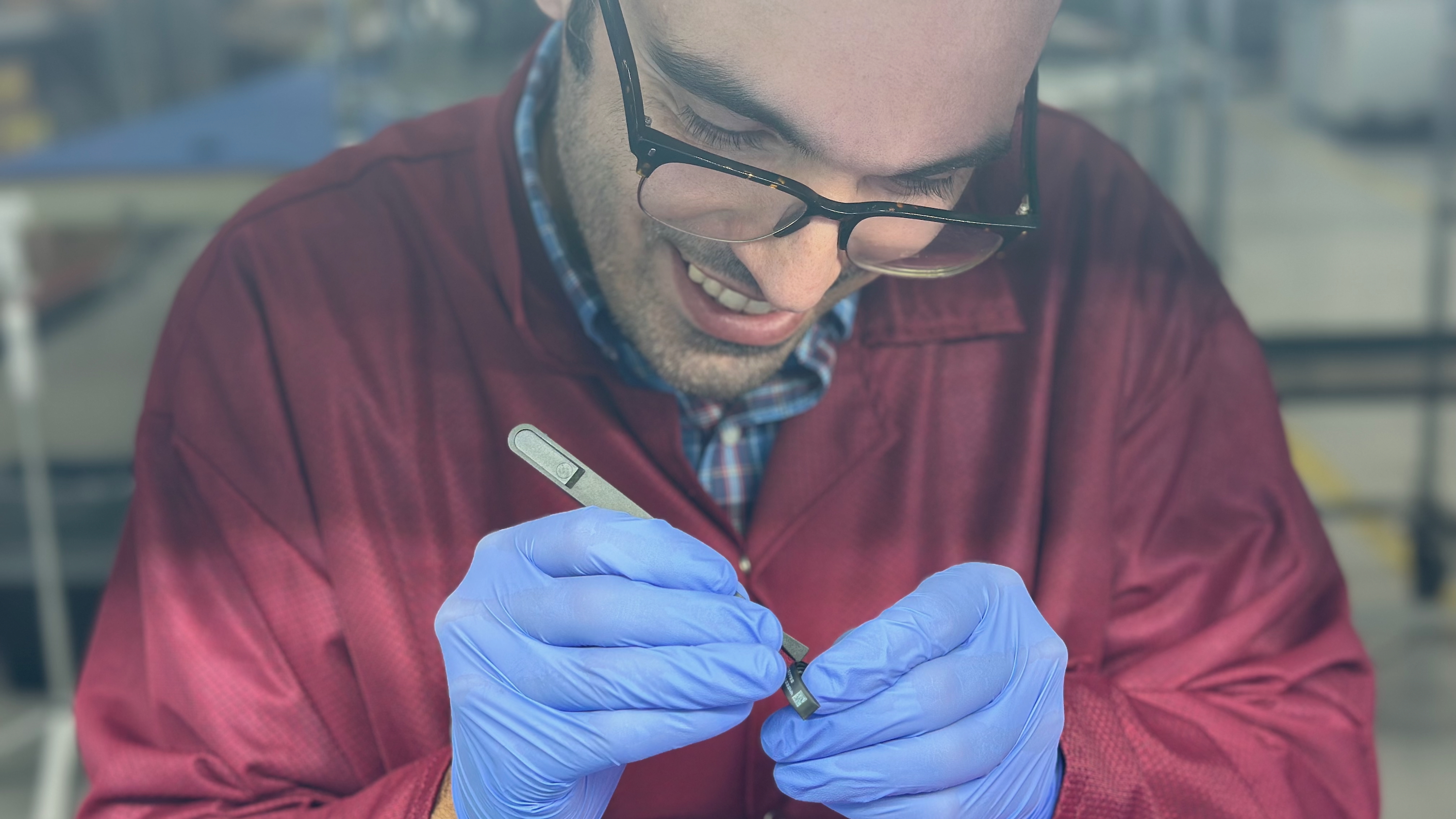
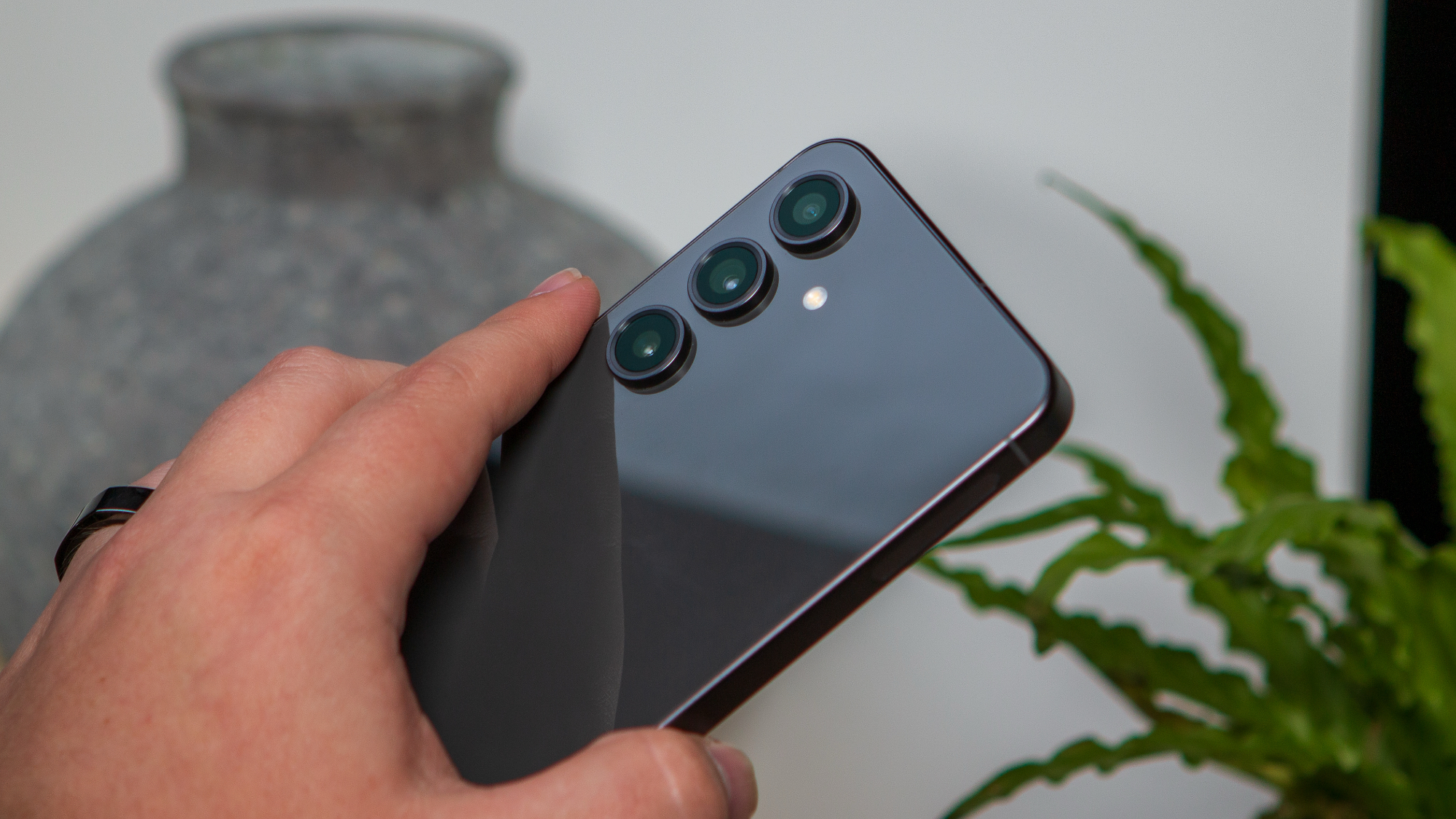

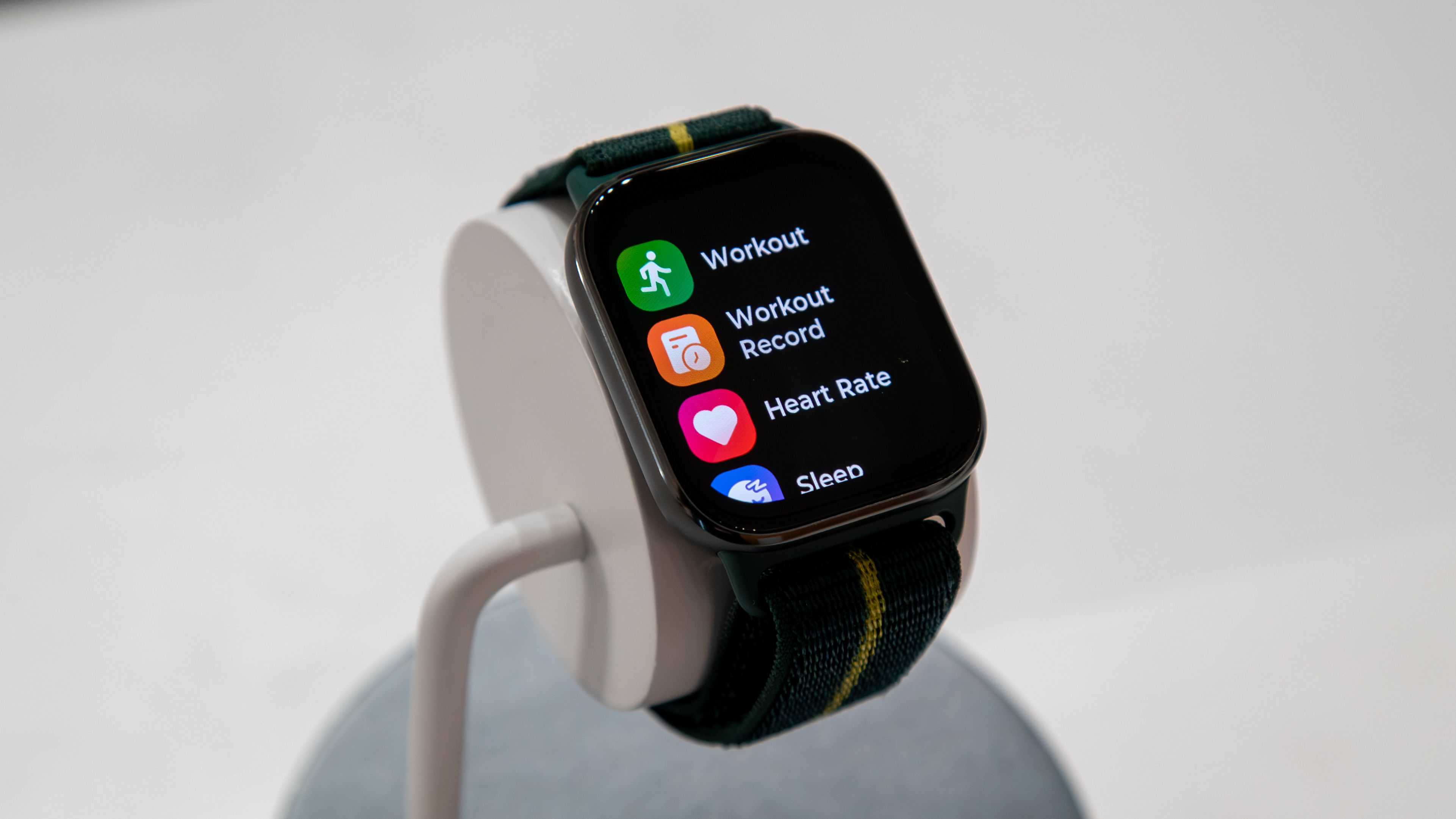

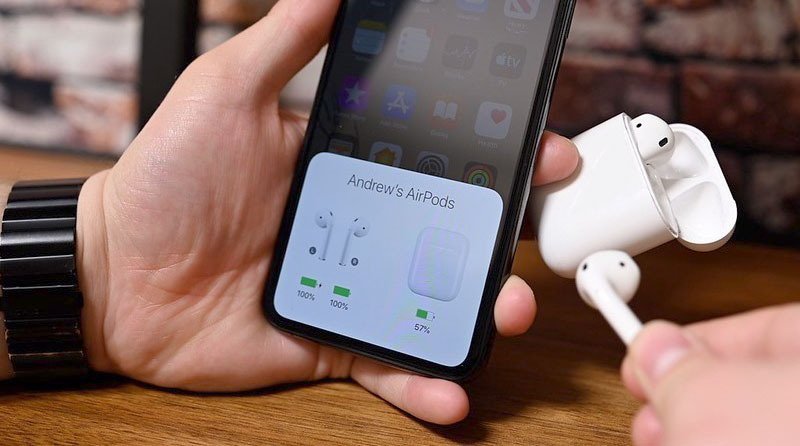
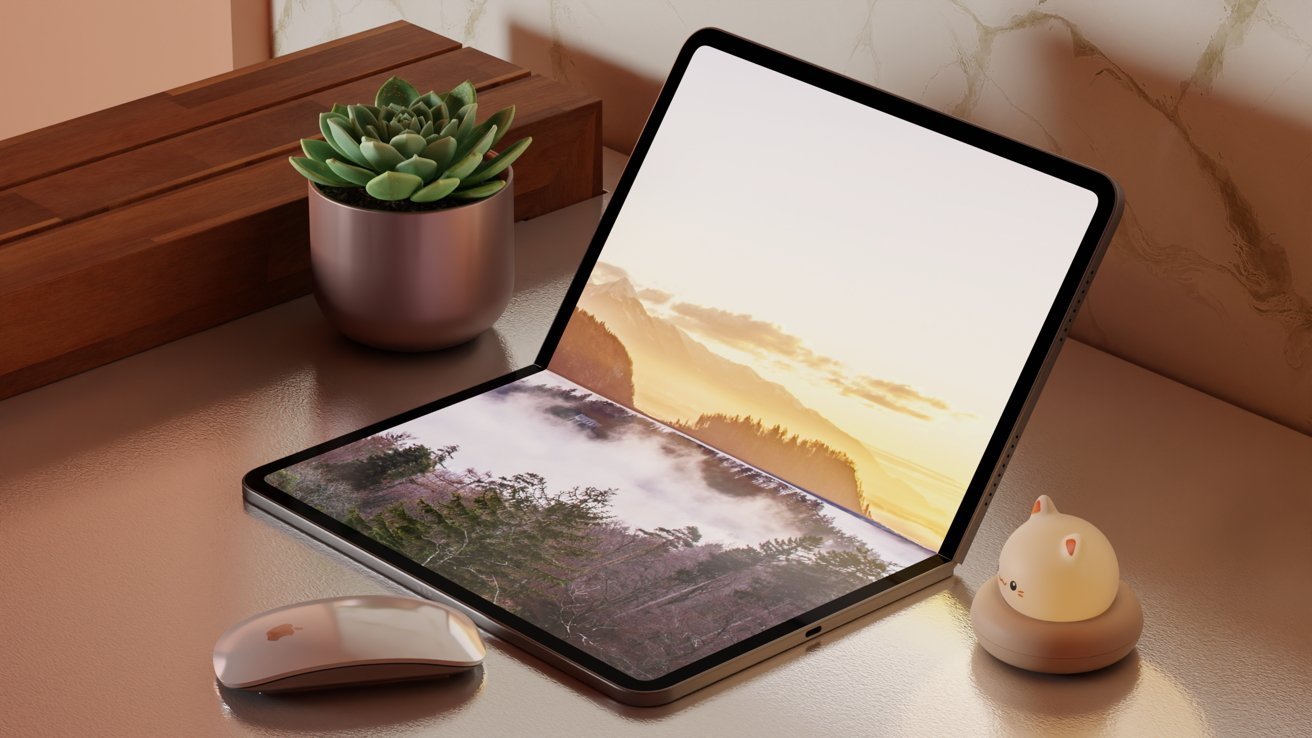
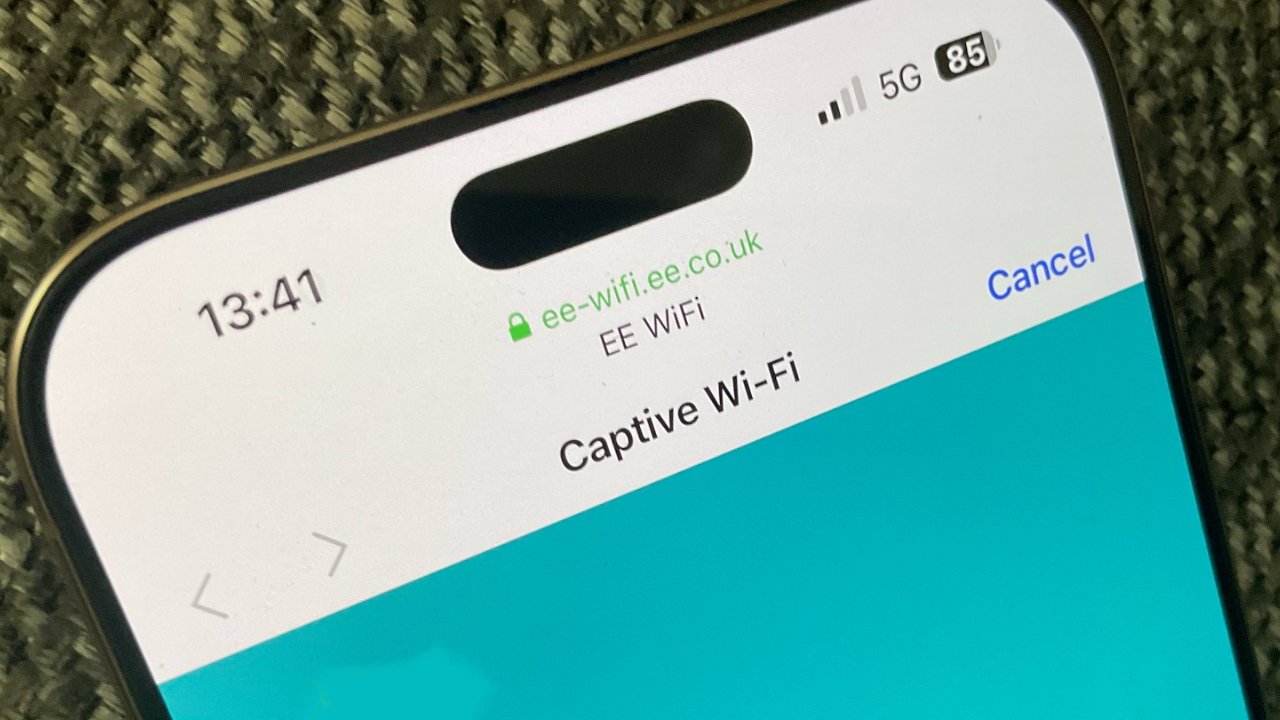



























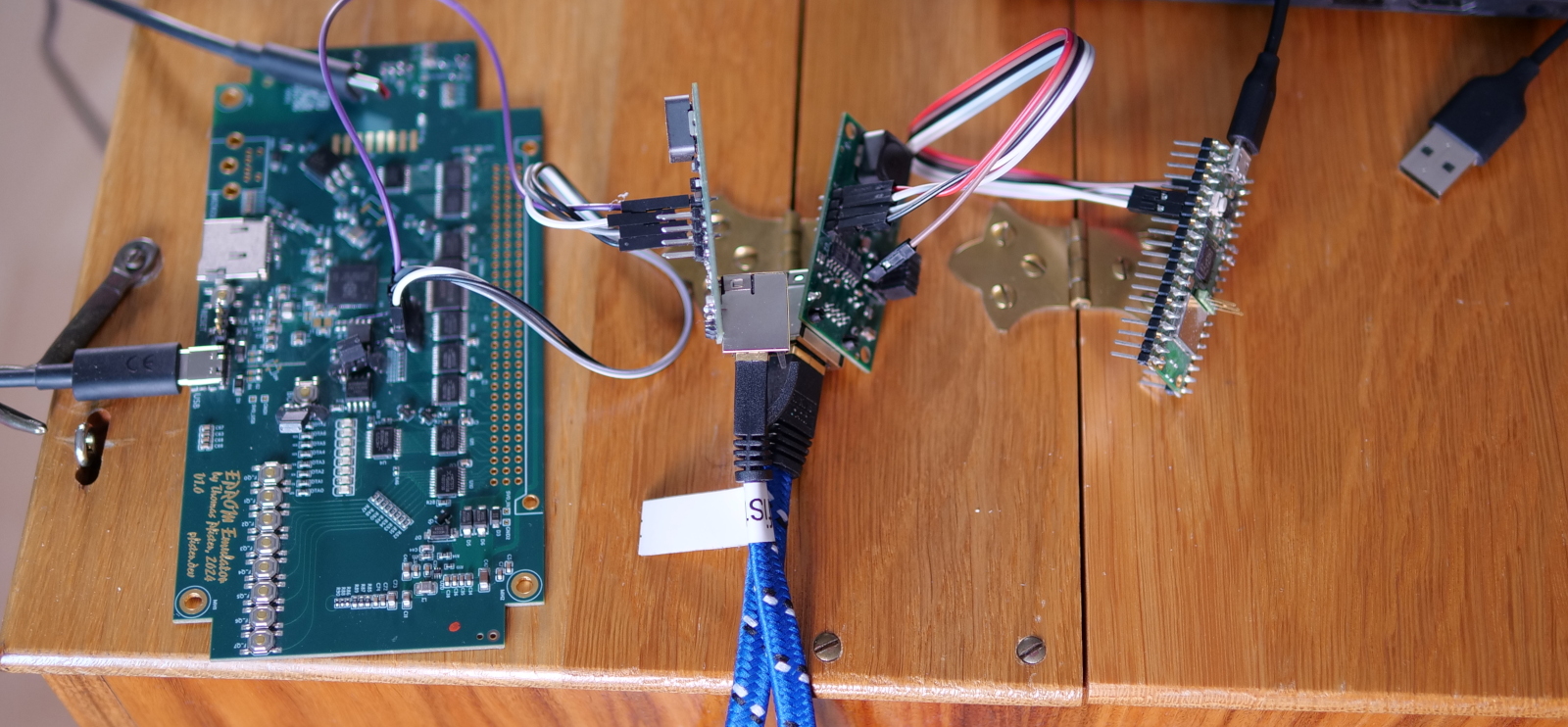

























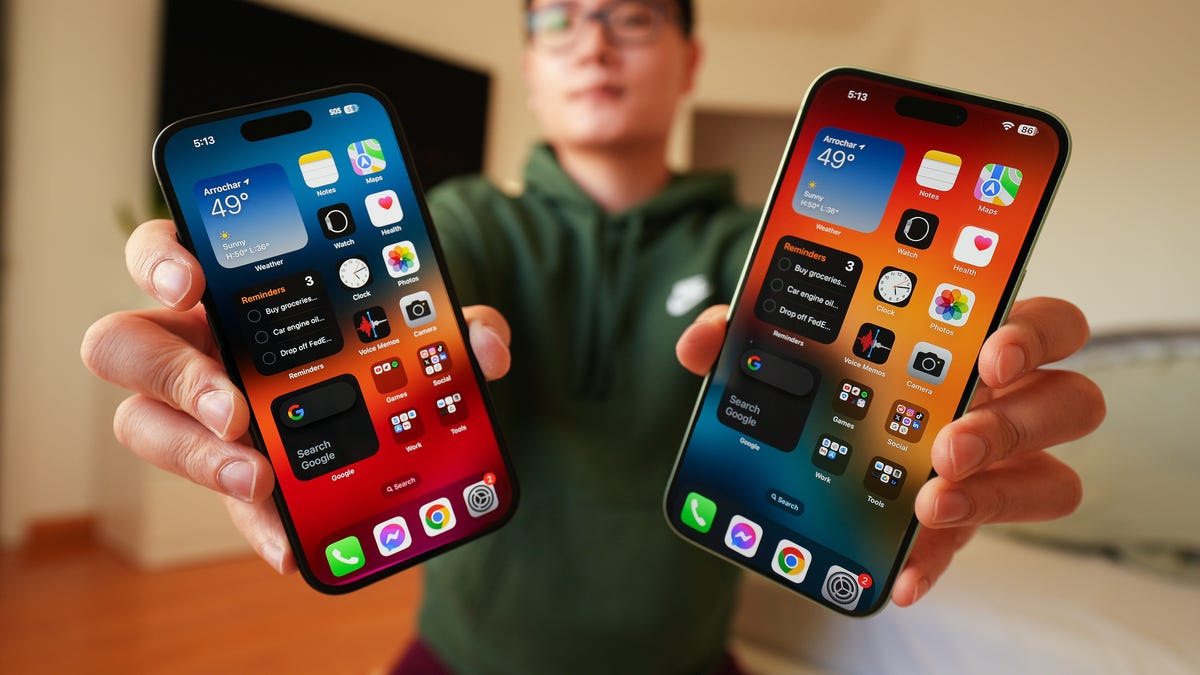









































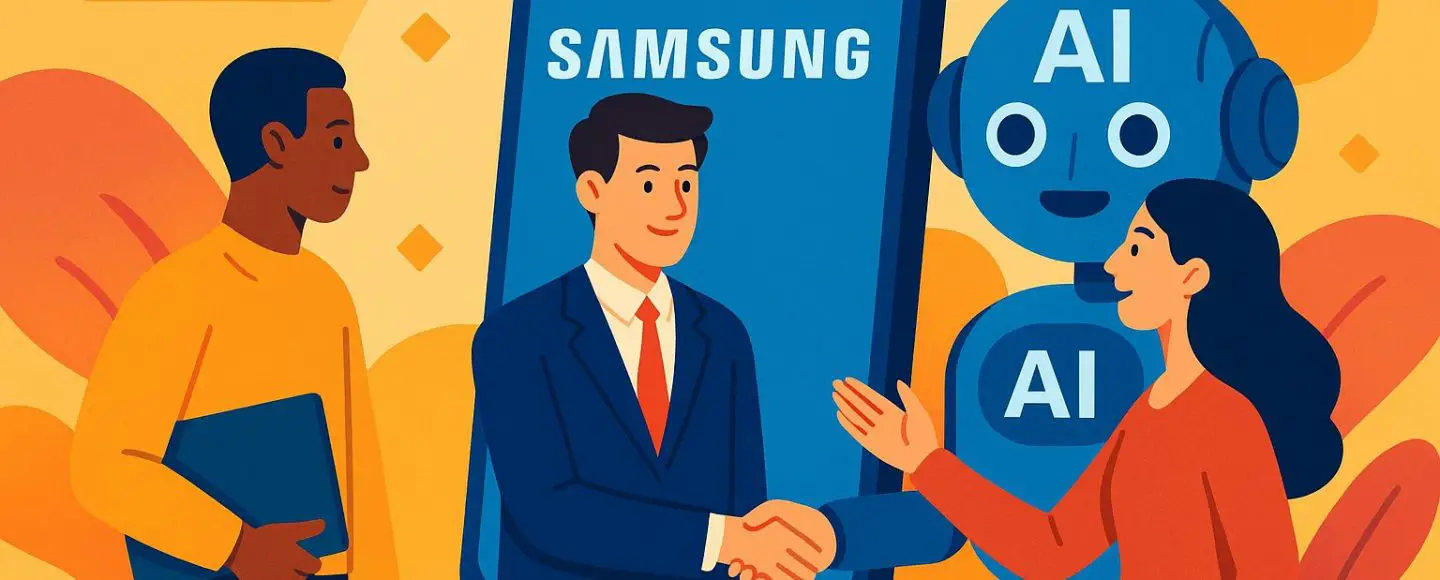


















































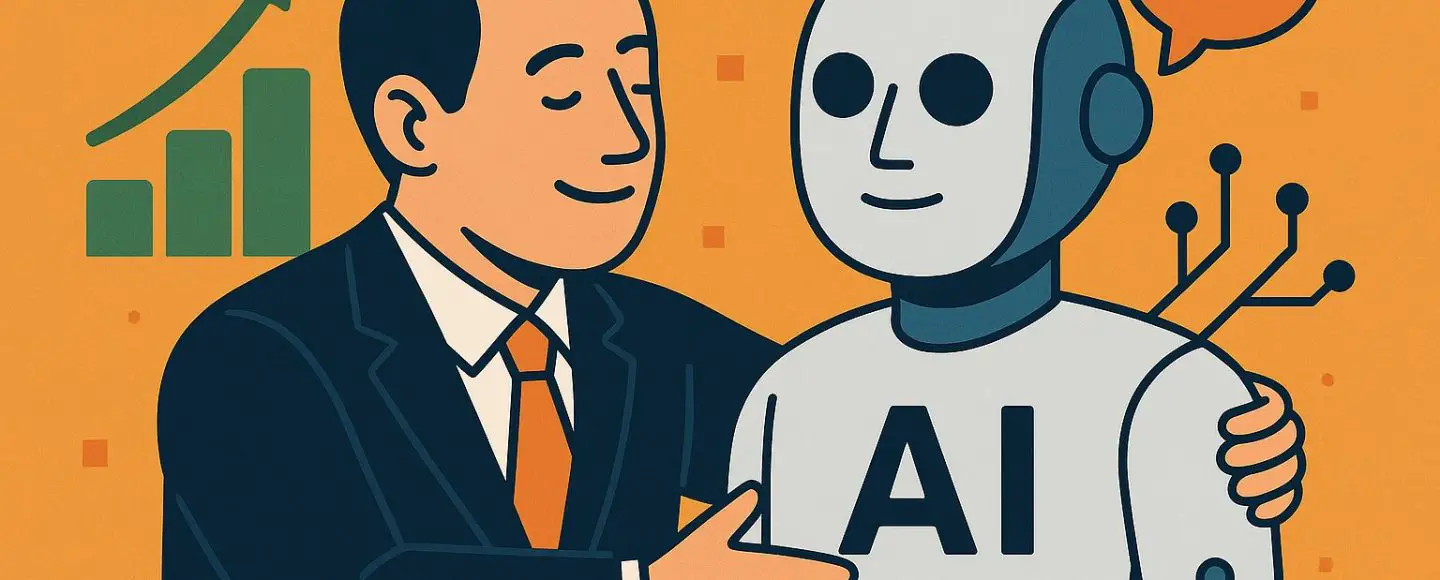




























































![[The AI Show Episode 146]: Rise of “AI-First” Companies, AI Job Disruption, GPT-4o Update Gets Rolled Back, How Big Consulting Firms Use AI, and Meta AI App](https://www.marketingaiinstitute.com/hubfs/ep%20146%20cover.png)

















































































































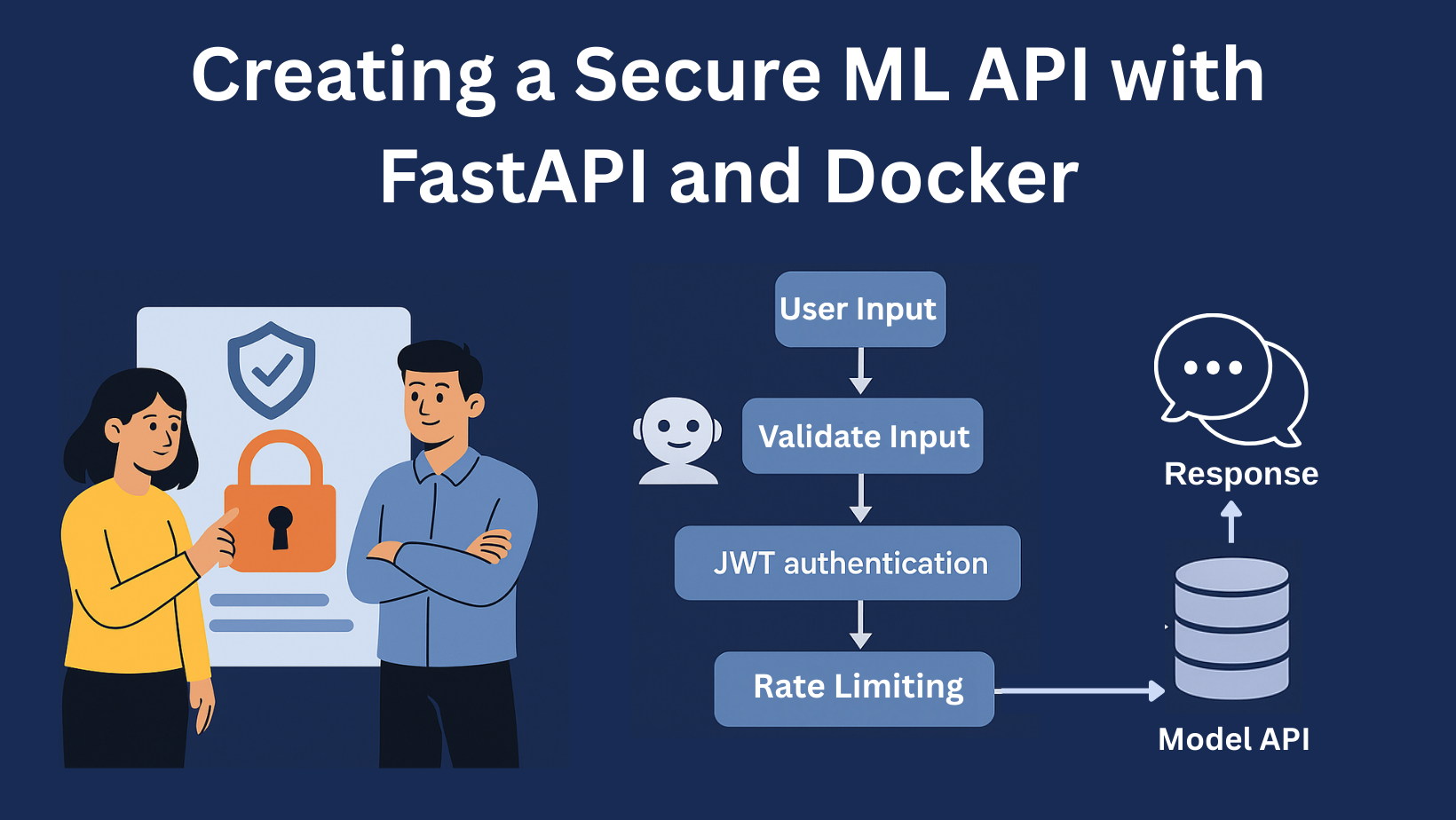


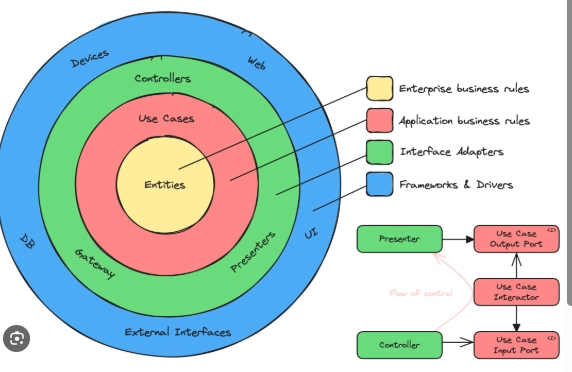
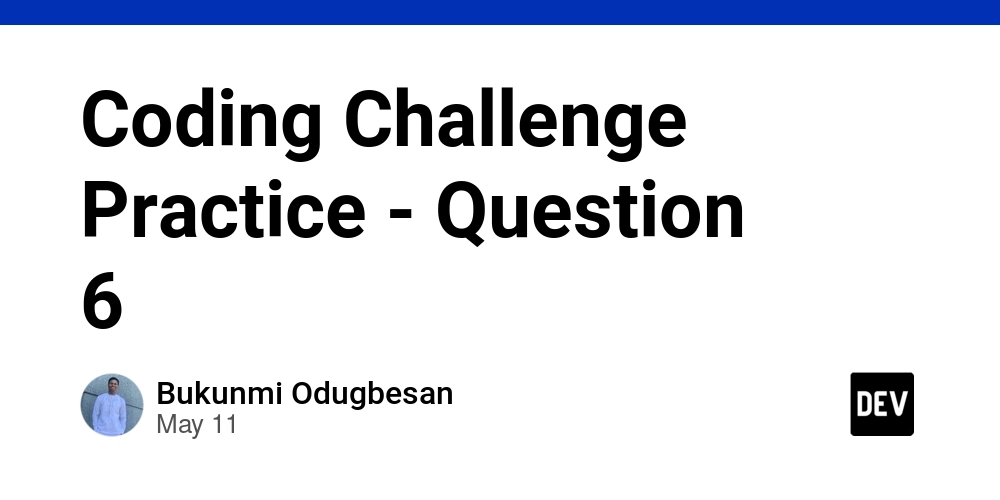












































![Ditching a Microsoft Job to Enter Startup Purgatory with Lonewolf Engineer Sam Crombie [Podcast #171]](https://cdn.hashnode.com/res/hashnode/image/upload/v1746753508177/0cd57f66-fdb0-4972-b285-1443a7db39fc.png?#)


![[DEALS] Internxt Cloud Storage Lifetime Subscription: 10TB Plan (88% off) & Other Deals Up To 98% Off – Offers End Soon!](https://www.javacodegeeks.com/wp-content/uploads/2012/12/jcg-logo.jpg)


























